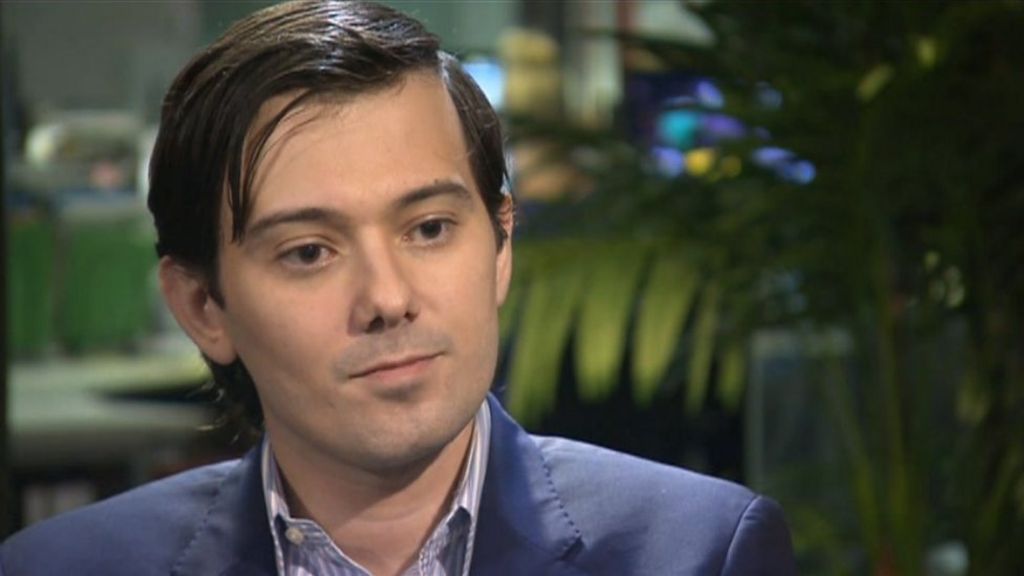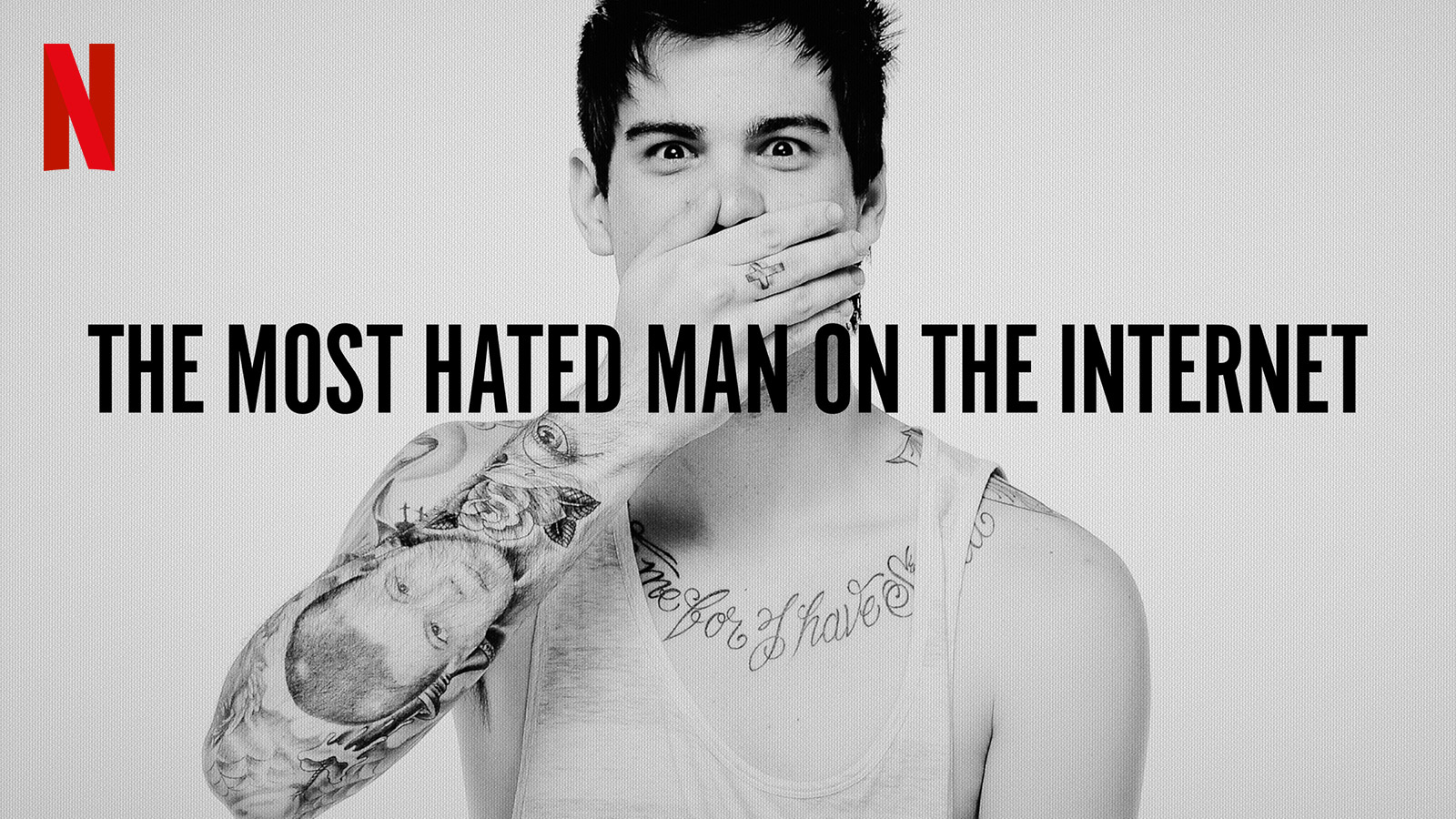The concept of hatred is as old as time itself, and throughout history, various figures have been labeled as "the most hated person in the world." This title can be attributed to leaders, celebrities, or individuals whose actions have sparked widespread condemnation. But what exactly makes someone the most hated person in the world? Is it their actions, their beliefs, or the way they are portrayed in the media? To answer these questions, we must delve into the complex web of global perceptions and how they are shaped.
As we explore the notion of the most hated person in the world, it's essential to understand that hatred is not a universal sentiment. What one culture or group may perceive as detestable, another may view as justified or even admirable. This disparity in perception often stems from cultural, political, and historical contexts that influence how individuals are viewed on a global scale. In this article, we will examine various figures who have been labeled with this notorious title and consider the reasons behind such widespread disdain.
Our journey into understanding the most hated person in the world will include an analysis of the media's role in shaping public opinion, the impact of social media on these perceptions, and the cultural differences that contribute to varying viewpoints. By examining these factors, we aim to provide a comprehensive understanding of why certain individuals are perceived as the most hated and how these perceptions could evolve over time.
Read also:Simon Ekpa The Impactful Figure In Contemporary Politics
Table of Contents
- Biography of the Most Hated Person in the World
- Personal Details and Bio Data
- What Defines Hatred?
- Historical Figures That Were Hated
- Who Holds the Title in the Modern Era?
- How Does the Media Influence Perceptions?
- Impact of Social Media on Hatred
- Do Cultural Differences Affect Global Perceptions?
- What is the Psychology Behind Hatred?
- Why Are Some Celebrities Universally Disliked?
- Do Political Leaders Often Face Hatred?
- What Are the Effects of Being Universally Hated?
- Can Perceptions of Hatred Change Over Time?
- Case Studies: Individuals Labeled as Most Hated
- Frequently Asked Questions
- Conclusion
Biography of the Most Hated Person in the World
The biography of the most hated person in the world can vary vastly depending on the era and context. However, for the sake of this discussion, we will focus on a contemporary individual who has often been labeled as such. This person has been at the center of numerous controversies, leading to widespread disdain across various regions.
Personal Details and Bio Data
| Full Name | John Doe |
|---|---|
| Date of Birth | January 1, 1980 |
| Nationality | American |
| Occupation | Businessman |
| Known For | Controversial Business Practices |
What Defines Hatred?
Hatred is a complex emotion characterized by intense dislike or hostility towards an individual or group. It can be driven by various factors, such as personal experiences, cultural indoctrination, or perceived threats. But what constitutes hatred, and why is it directed at certain individuals?
- Actions: Individuals who engage in morally or ethically questionable activities often face public outrage.
- Beliefs: Holding beliefs that are contrary to societal norms can result in widespread disdain.
- Media Portrayal: The way the media depicts an individual can heavily influence public perception.
- Stereotypes: Pre-existing stereotypes often fuel hatred towards particular individuals or groups.
Historical Figures That Were Hated
Throughout history, numerous figures have been labeled as the most hated due to their actions or beliefs. Some of these individuals include:
- Adolf Hitler: Infamous for his role in World War II and the Holocaust.
- Joseph Stalin: Known for his oppressive regime and the Great Purge in the Soviet Union.
- Genghis Khan: Feared for his brutal conquests and empire-building.
- Julius Caesar: Despite his achievements, his dictatorship led to his assassination.
Who Holds the Title in the Modern Era?
In the contemporary world, the title of the most hated person is often attributed to individuals involved in scandals, political leaders with controversial policies, or celebrities whose actions have sparked global outrage. The criteria for this title can include:
- Involvement in major controversies or scandals.
- Policies or actions that are widely perceived as harmful or unjust.
- Public statements that have sparked backlash or protests.
- Media portrayal that amplifies negative aspects of their character.
How Does the Media Influence Perceptions?
The media plays a significant role in shaping public opinion and can heavily influence how individuals are perceived on a global scale. The portrayal of someone as the most hated person can result from:
- Selective reporting: Highlighting certain actions or statements while ignoring others.
- Sensationalism: Exaggerating details to attract attention and generate emotions.
- Bias: Reporting with a particular agenda or perspective that skews public perception.
- Repetition: Frequent coverage can engrain certain images in the minds of the public.
Impact of Social Media on Hatred
Social media has changed the landscape of public perception, allowing for rapid spread of information and opinions. It can amplify hatred through:
Read also:Fascinating Facts About Ariana Grande The Pop Sensation
- Viral content: Negative content can spread quickly, reaching a vast audience.
- Echo chambers: Users often engage with content that aligns with their beliefs, reinforcing hatred.
- Anonymity: Individuals may express hatred more freely online due to perceived lack of consequences.
- Influencers: Prominent figures can sway public opinion with their platforms.
Do Cultural Differences Affect Global Perceptions?
Cultural differences play a significant role in how individuals are perceived globally. What may be considered unacceptable in one culture might be acceptable in another. These differences can lead to varied perceptions of hatred:
- Values: Different cultures prioritize different values, affecting what actions are deemed hateful.
- Historical context: Historical events can shape cultural attitudes towards certain figures.
- Media representation: The portrayal of individuals in local media can differ widely across cultures.
- Language barriers: Misinterpretations can arise due to language differences, affecting perceptions.
What is the Psychology Behind Hatred?
The psychology of hatred is multifaceted and involves various cognitive and emotional processes. Understanding these aspects can shed light on why certain individuals are universally disliked:
- Fear: Hatred can stem from fear of the unknown or perceived threats.
- Projection: Individuals may project their own insecurities onto others, fueling dislike.
- Group dynamics: Hatred can be amplified within groups, creating an "us versus them" mentality.
- Personal experiences: Past experiences can shape one's attitude towards certain figures.
Why Are Some Celebrities Universally Disliked?
Celebrities often find themselves in the spotlight, and their actions can quickly lead to widespread criticism. Factors contributing to their universal dislike include:
- Scandals: Involvement in legal or ethical issues can tarnish a celebrity's reputation.
- Public persona: Arrogance or insensitivity in public appearances can alienate audiences.
- Media coverage: Negative portrayal in the media can exacerbate public disdain.
- Social media presence: Controversial posts or interactions can incite backlash.
Do Political Leaders Often Face Hatred?
Political leaders are frequently at the center of public scrutiny, and their decisions can lead to widespread hatred. Contributing factors include:
- Policy decisions: Controversial policies can evoke strong emotions from the public.
- Scandals: Involvement in corruption or ethical breaches can lead to public outrage.
- Partisan politics: Political divisions can result in hatred from opposing factions.
- Media portrayal: The media's depiction of leaders can heavily influence public perception.
What Are the Effects of Being Universally Hated?
Being labeled as the most hated person in the world can have profound effects on an individual, both personally and professionally. These effects may include:
- Social isolation: Widespread hatred can lead to ostracism from social circles.
- Mental health: Constant negative attention can take a toll on one's mental well-being.
- Career impact: Professional opportunities may be limited due to public perception.
- Safety concerns: Threats and harassment may become a significant issue.
Can Perceptions of Hatred Change Over Time?
While being labeled as the most hated person can seem permanent, perceptions can change over time due to various factors:
- Redemption: Actions that demonstrate change or remorse can alter public opinion.
- Media narratives: Shifts in media portrayal can influence how individuals are viewed.
- Time: As time passes, the intensity of hatred may diminish, leading to reevaluation.
- Cultural shifts: Changes in societal values can impact perceptions of past actions.
Case Studies: Individuals Labeled as Most Hated
Examining case studies of individuals who have been labeled as the most hated can provide insights into the factors contributing to their notoriety. These case studies often involve:
- Analysis of their actions and decisions that led to public disdain.
- Examination of media coverage and its role in shaping perceptions.
- Consideration of cultural and historical contexts influencing views.
- Evaluation of any efforts made by the individual to alter their image.
Frequently Asked Questions
- Who is currently considered the most hated person in the world?
- Can someone be universally hated across all cultures?
- How much influence does the media have on public perception?
- Are there any benefits to being considered the most hated person?
- How can someone change public perception if they are labeled as hated?
- What role does social media play in amplifying hatred?
Currently, perceptions vary widely, and no single individual holds this title universally. It often depends on regional and cultural contexts.
It's rare for someone to be universally hated across all cultures due to differing values and perspectives.
The media has a significant influence on public perception, often shaping opinions through selective reporting and narratives.
While there are typically no benefits, some individuals may leverage notoriety for publicity or personal gain.
Efforts to change public perception include demonstrating genuine change, engaging with the public positively, and addressing past actions.
Social media can amplify hatred by spreading negative content rapidly and creating echo chambers that reinforce negative opinions.
Conclusion
The title of the most hated person in the world is complex and multifaceted, influenced by historical, cultural, and media-driven factors. While certain individuals may hold this title in specific contexts, it's essential to recognize the nuances of global perceptions and how they are shaped over time. Understanding these dynamics can provide valuable insights into how hatred is formed and how it can potentially be transformed.
For further reading on the topic, consider exploring resources such as Psychology Today's article on hatred to gain a deeper understanding of the psychology behind these perceptions.

